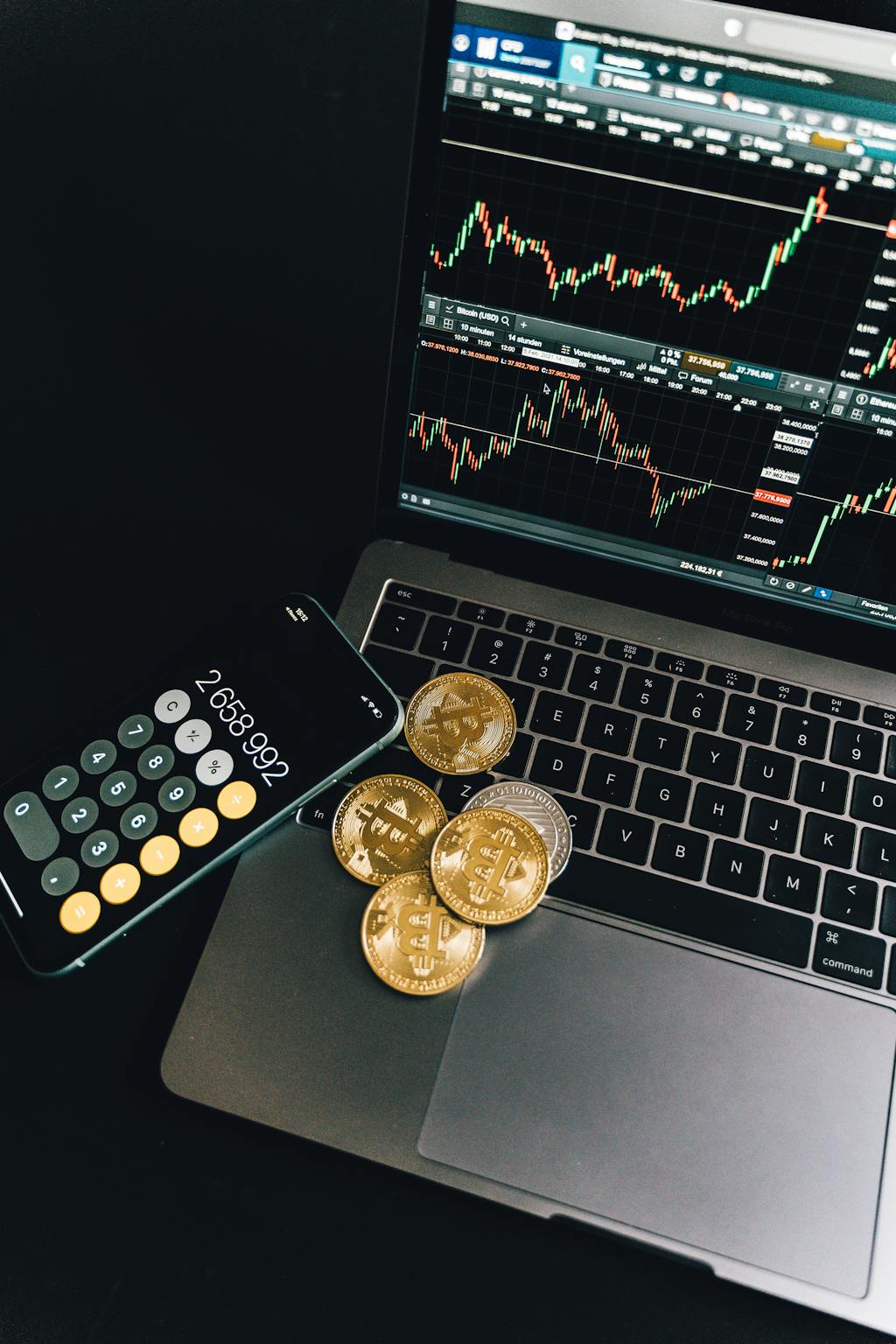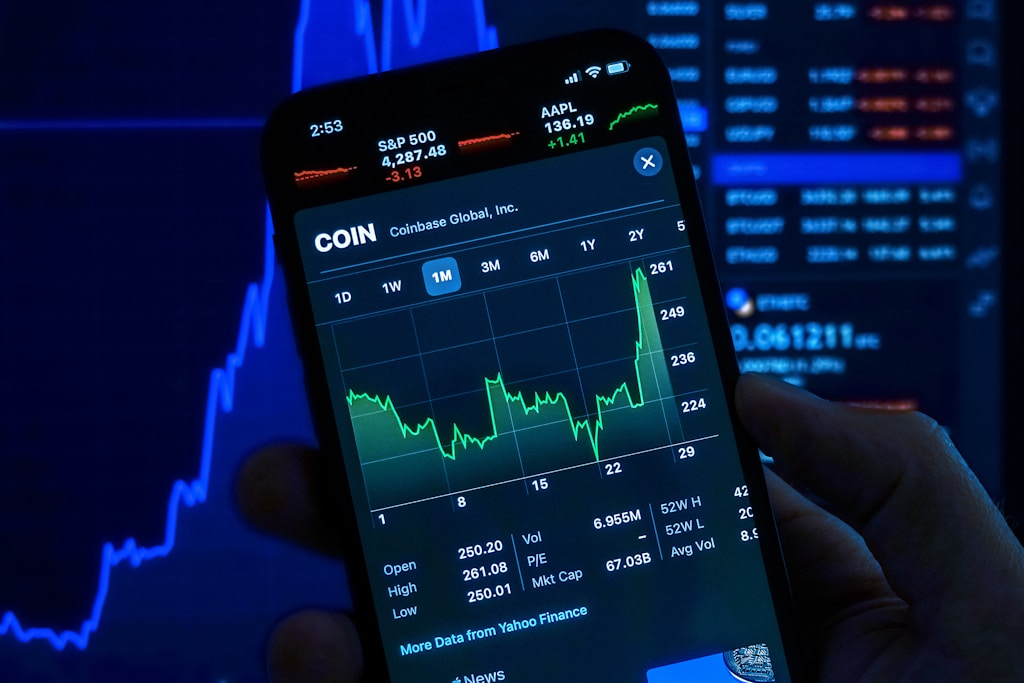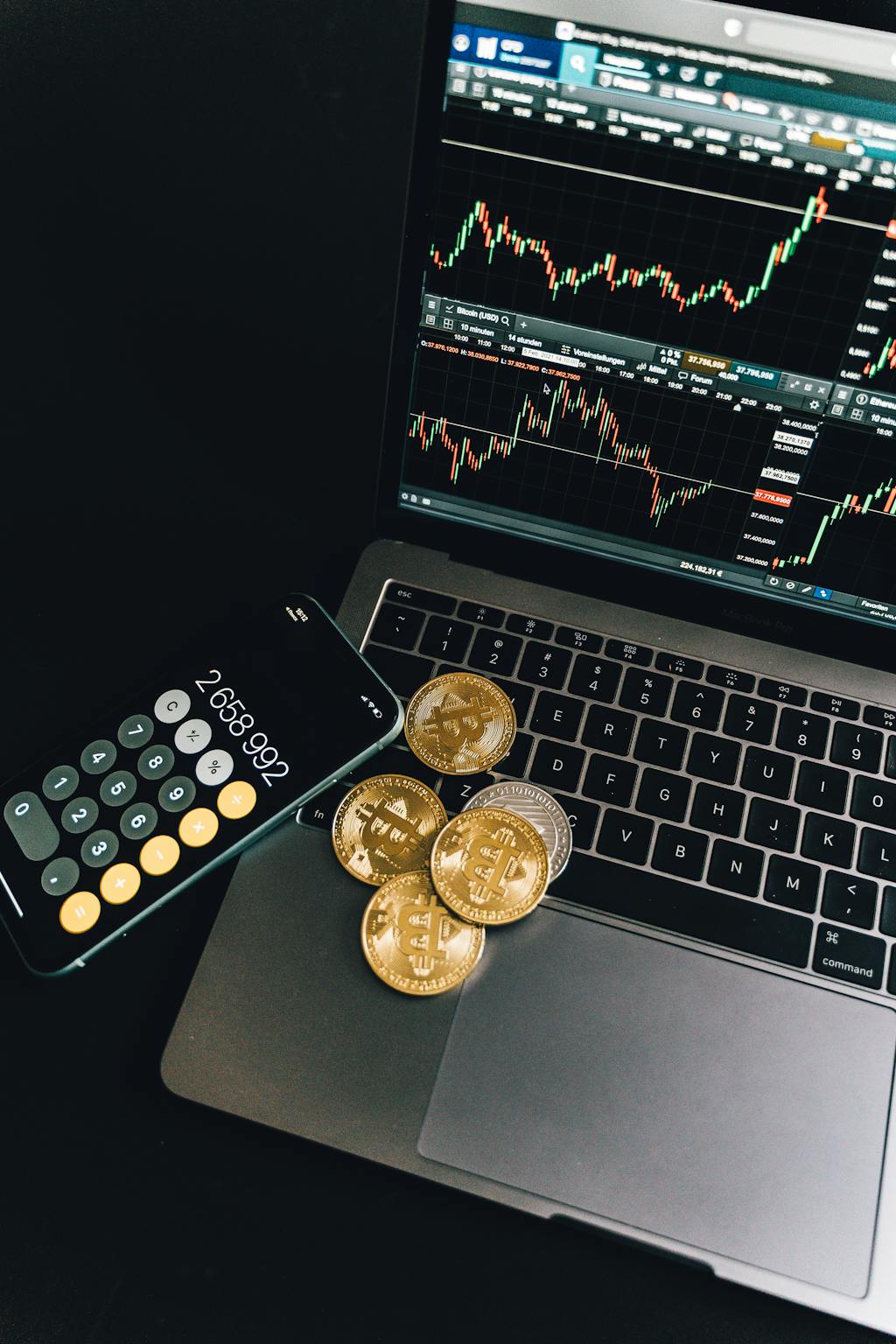Prediction markets are signaling reduced recession risks for the US economy following Trump’s decision to pause reciprocal tariffs, with major implications for crypto markets and digital asset trading. The news has already triggered significant upward momentum in Bitcoin, as traders adjust their positions based on improving economic outlook.
Prediction Markets Show Declining Recession Risk
Leading prediction platforms including Myriad Markets, Kalshi, and Polymarket have witnessed a notable shift in user sentiment regarding US recession probability. This shift comes as market participants process the implications of Trump’s tariff pause decision on global trade and economic growth.
Impact on Crypto Markets
The reduced recession risk has significant implications for digital asset markets:
- Improved risk appetite among institutional investors
- Potential increase in crypto adoption as economic uncertainty decreases
- Stronger foundation for DeFi growth and development
Trade War De-escalation Benefits
Previous concerns about escalating trade tensions are now being replaced by optimism for global economic stability. This shift could provide a more favorable environment for crypto markets and digital asset adoption.
Expert Analysis
Market analysts suggest that the reduction in recession probability could lead to increased institutional investment in digital assets as part of broader risk-on sentiment. This aligns with recent trends showing growing institutional interest in crypto markets.
FAQs
How does reduced recession risk affect crypto markets?
Lower recession risk typically leads to increased risk appetite and higher investment in digital assets.
What role do prediction markets play in crypto trading?
Prediction markets provide valuable insights into market sentiment and help traders make informed decisions.
How might Trump’s tariff pause impact crypto adoption?
Reduced trade tensions could create a more favorable environment for global crypto adoption and institutional investment.


